Overview
World Vision Modern Campus (WOVMS), Rajbiraj, Saptari, Nepal, is a Tribhuvan University–affiliated college and an NEB-accredited higher secondary provider offering Ten Plus Two (+2) programs in Science, Agriculture, Law, Education, Management, and Computer Science, along with TU bachelor’s degrees in BBS and B.Ed.
Established in 2065 BS (2008 AD) and approved by the University Grants Commission (UGC) of Nepal, the campus serves a diverse cohort of learners from Province 2 and beyond through its sister institution, World Vision Modern Secondary School (Nursery to Grade 12).
WOVMS began with primary classes and expanded to +2 and bachelor levels to meet local and regional demand for accessible, credible higher education. The college is located at the heart of Rajbiraj, enabling day scholars from Saptari and neighboring districts to study close to home.
Today, the campus supports around 1,600 students with the guidance of more than 60 lecturers and staff. Academic work focuses on foundational knowledge, practical learning, and community engagement. The institutional motto, “Quality education; our Assurance,” reflects a commitment to steady improvement and transparent service to students and guardians.
Quick Highlights
-
Established: 2065 BS (2008 AD)
-
Location: Rajbiraj, Saptari, Nepal
-
Approvals and Affiliation: UGC-approved; Tribhuvan University (TU) affiliation for BBS and B.Ed; NEB affiliation for Grade 11 & 12
-
Programs: +2 (Science, Agriculture, Law, Education, Management, Computer Science); Bachelor (BBS, B.Ed)
-
Student Strength: ~1,600
-
Faculty and Staff: 60+
-
Sister Organization: World Vision Modern Secondary School (Nursery–Grade 12)
-
Facilities: Library, Computer and Science Labs, Internet, Classrooms, Conference hall, Health care support, Transport, Cafeteria, Sports, Multimedia, Journal activities, Counseling, Educational Tours, ECA
Mission, Vision, and Objectives
Mission
Provide accessible, credible, and learner-centered education that strengthens foundational knowledge and community values in Rajbiraj and the wider Saptari region.
Vision
Build a student community known for academic discipline, practical skills, and social responsibility, contributing to local development and national progress.
Core Objectives
-
Maintain NEB and TU academic standards with careful classroom delivery and fair assessment.
-
Expand practical learning through labs, field visits, micro-teaching, and case work.
-
Support students with counseling, career guidance, and transparent scholarship policies.
-
Promote reading culture, physical activity, and civic engagement through clubs and ECA.
-
Strengthen data-based planning and open communication with students, guardians, and stakeholders.
Academic Programs Offered
Ten Plus Two (+2), NEB
Science
Physics, Chemistry, Biology, and Mathematics provide a solid base for health sciences, engineering, and technology. Lab-based sessions support practical understanding of core concepts.
Agriculture
Agronomy, soil science, plant protection, and agricultural extension build early competencies for work in agro-enterprises, farm management, and community development projects.
Law
Foundations of Nepali legal systems, constitutional law, and civic literacy prepare students for further studies in law and public administration.
Education
Pedagogy, educational psychology, and subject-area studies support students planning to pursue B.Ed and teaching careers.
Management
Accounting, economics, business studies, and computer applications introduce business fundamentals for BBS and related fields.
Computer Science
Programming concepts, database basics, and applied ICT skills introduce pathways into computing and information systems.
Undergraduate Degrees, Tribhuvan University
Bachelor of Business Studies (BBS)
A four-year program covering accounting, finance, marketing, business law, economics, and organizational studies. Field-based assignments and project work help students connect theory with local business practice.
Bachelor of Education (B.Ed.)
A four-year program focusing on pedagogy, curriculum, assessment, educational psychology, and subject specialization. Micro-teaching, practice schools, and reflective journals help future teachers gain classroom skills and professional confidence.
Admission Process
Eligibility
-
+2 Programs (NEB): Completion of SEE or equivalent; stream-specific subject requirements follow NEB rules.
-
BBS and B.Ed (TU): Completion of +2 or equivalent in any stream as per TU eligibility criteria for the intake year.
Application Steps
-
Collect and submit the application form within the announced deadline.
-
Attach academic transcripts, character certificate, recent photographs, and copy of citizenship or relevant ID.
-
Participate in interviews, placement counseling, or orientation as scheduled.
-
Confirm admission by paying fees as per the fee structure.
Key Notes
-
All requirements follow current NEB/TU guidelines for the session.
-
Admission notices are posted on campus notice boards and through official communication channels.
-
Equivalence and migration cases are handled according to national regulations.
Teaching Faculty and Learning Methodology
Faculty members bring classroom experience and local knowledge of Saptari’s education and service sectors. Teaching blends lectures with tutorials, lab work, field visits, case discussions, and short projects.
-
For +2: Regular classes are supported by lab practicals, formative tests, and unit-wise assignments.
-
For BBS: Case tasks, business analysis, report writing, and local enterprise observations guide applied learning.
-
For B.Ed: Practice teaching, lesson planning, classroom observation, and peer feedback build instructional skills.
-
Student Support: Counseling, academic mentoring, and remedial classes help learners meet course expectations and plan next steps.
Infrastructure and Learning Facilities
-
Library: Subject-specific holdings for +2 and bachelor programs; reading space for self-study.
-
Science Laboratories: Equipped for Physics, Chemistry, and Biology practicals aligned with NEB requirements.
-
Computer Lab and Internet: ICT-enabled teaching, project work, and digital literacy practice.
-
Classrooms: Structured for clear visibility and teacher–student interaction.
-
Conference Hall and Multimedia: Seminars, guest talks, orientation programs, and academic presentations.
-
Health Care Support: Basic first-aid and referral guidance.
-
Transport: Local routes to aid regular attendance.
-
Cafeteria: Hygienic meals and refreshments during class hours.
-
Sports Facilities: Indoor and outdoor options to encourage regular participation.
-
Journal and Publications: Campus-level write-ups and activity reports to build writing and presentation skills.
-
Counseling: Academic and career counseling with scheduled guidance sessions.
-
Educational Tours: Course-linked field visits for experiential learning.
Student Life and Campus Experience
Life at WOVMS balances study with personal growth. Students participate in clubs, mentoring circles, peer study groups, and faculty-guided activities. The campus promotes punctuality, attendance, and respectful conduct—core habits that support academic progress and employability.
Regular orientations prepare students for assessments and practicals. Faculty members maintain approachable office hours. Feedback loops—class tests, quizzes, and short reflections—help learners track progress without stress.
Extracurricular Activities (ECA)
-
Sports and Fitness: Football, volleyball, athletics, and indoor games run through inter-house or inter-class leagues.
-
Academic Clubs: Science, business, and literature groups hold discussions, quiz contests, and reading circles.
-
Civic and Community Work: Clean-up drives, school outreach, and awareness sessions connect learning with social responsibility.
-
Creative Platforms: Debate, essay competitions, and arts events encourage public speaking and creative writing.
-
Educational Excursions: Course-aligned visits to farms, businesses, courts, museums, or heritage locations.
Scholarships and Financial Support
WOVMS offers multiple forms of support aligned with institutional policy and national guidelines:
-
Merit-Based: For high academic performers at entry and on semester/annual rank lists.
-
Need-Sensitive: Partial waivers for students from low-income backgrounds after document review.
-
Inclusion-Oriented: Consideration for students from marginalized groups as per government and campus policy.
-
ECA Recognition: Limited concessions for district-level or higher achievements in sports or arts.
-
Siblings/Continuity: Internal provisions where applicable for students with siblings enrolled at the institution.
Scholarship seats and criteria are published in each intake notice. Students are encouraged to apply early with complete documents.
Achievements and Institutional Milestones
-
Growth from primary level to +2 and bachelor programs since 2060 BS.
-
Consistent intake in NEB streams and TU undergraduate programs.
-
Alumni presence in teaching, local administration support roles, and private enterprises.
-
Collaborative events with schools and community partners in Rajbiraj and nearby municipalities.
-
Continuous facility upgrades, including labs, ICT access, and learning resources as per program needs.
Why Choose This Institution?
-
Recognized Pathways: NEB +2 in six streams and TU bachelor options (BBS, B.Ed) create clear routes from secondary to undergraduate study.
-
Location Advantage: Central Rajbiraj setting supports day scholars with transport access and community ties.
-
Student Support: Counseling, mentoring, remedial classes, and guided exam preparation are part of the academic calendar.
-
Practical Exposure: Science labs, computer labs, practice teaching (B.Ed), and field-linked tasks (BBS) connect study with work-ready habits.
-
Transparent Governance: UGC approval, TU/NEB affiliation, and public notices ensure policy alignment and institutional accountability.
-
School–College Continuum: The sister school supports early transition for learners and guardians seeking a stable long-term plan from school to college.
Conclusion
World Vision Modern Campus offers NEB +2 and TU bachelor programs anchored in national standards and local relevance. With UGC approval, a central Rajbiraj location, experienced faculty, and steady academic support, the institution serves learners seeking reliable pathways in education, business, computing, agriculture basics, and legal studies.
The campus continues to expand learning opportunities through labs, projects, and community links, helping students prepare for further study and meaningful roles in society.
Contact World Vision Modern Campus's administrative office for detailed information on the course, admissions, location, fees, scholarships, facilities, counseling or eligibility.


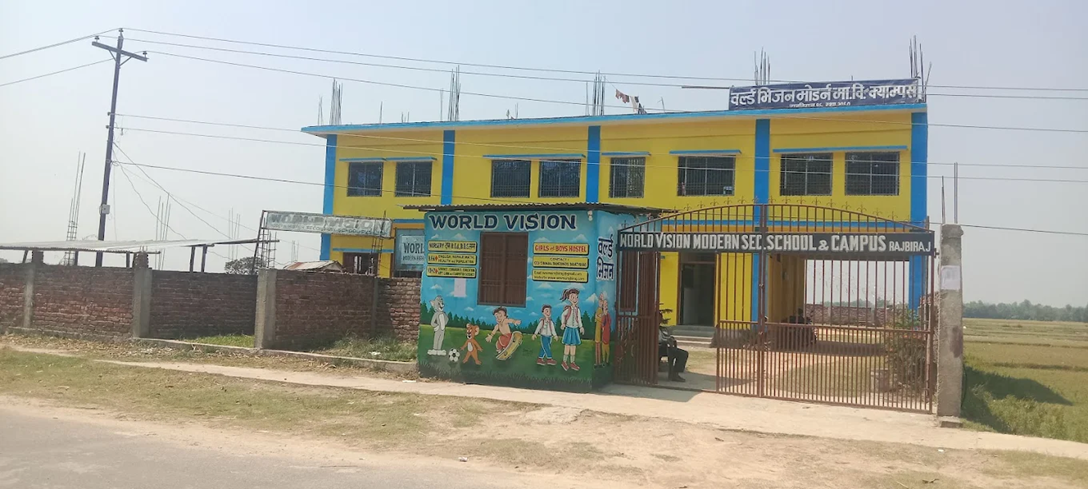

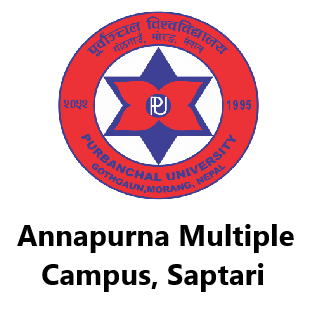
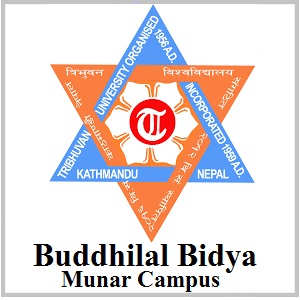
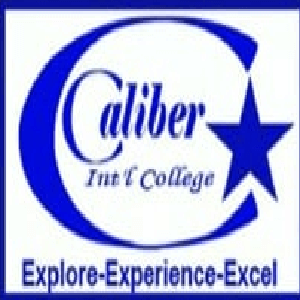
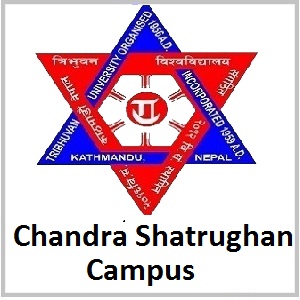
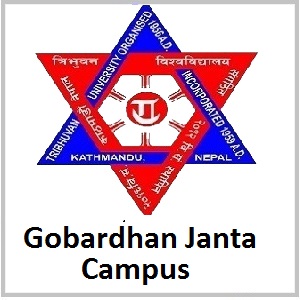
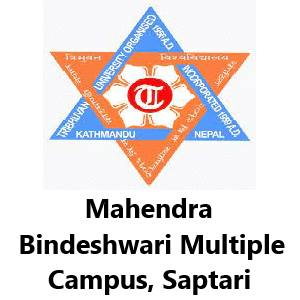










You need to login to comment.